The best figure drawing books
Learn to draw humans with these figure drawing books.
The best figure drawing books will elevate your life drawing skillset. Observational drawing of the human figure can take a lifetime to perfect, and the time to start is right now, although you may have to work from photographs at the moment.
Just like trying out different teachers before you find the one that suits, you may need to experiment with different styles of figure drawing books before you find the one for you. To speed up this process, we've reviewed each book and teaching style below, so you can find the figure drawing book for you.
For more general help with your sketches, see the best drawing books. And if you'd like to do at least some of your figure drawing learning online, then don't miss our list of how to draw tutorials, which includes sections on people, animals and landscapes.
01. Beginner's guide to life drawing
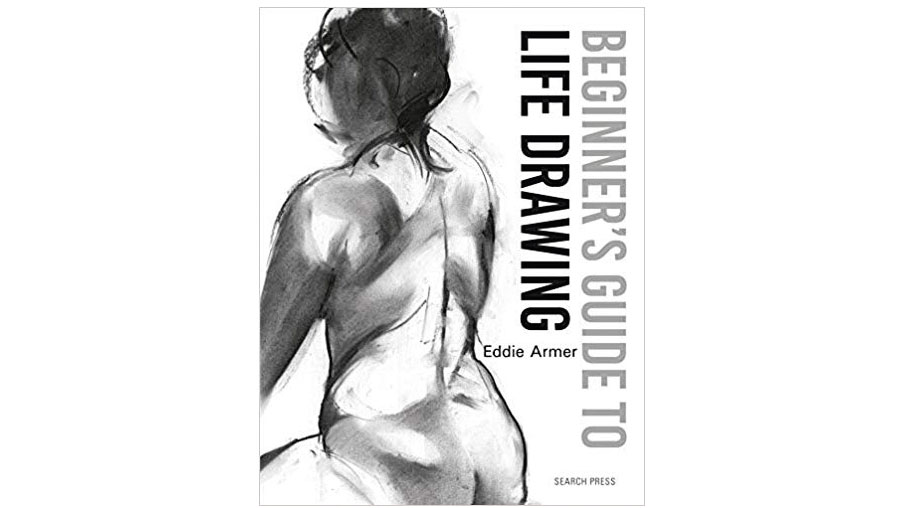
Eddie Armer’s beginner's guide to life drawing is the best lesson you’ll get, short of being in a studio with the man himself. The almost 100-page softcover starts with a short but sweet history of life drawing, before quickly moving on to helpful analysis and illustrated examples of the suitable drawing materials.
What follows is a series of exercises covering everything from line, tone and shade right through to positioning and drawing hands, feet and faces. Armer breaks down each of his lessons into easy-to-follow steps, all accompanied by precise illustrations, leaving no room for confusion. Exercises are individual, which means that you don’t need to complete one before moving on to the next and can dip in and out as you please (we highly recommend the scribble exercise on page 54 as a particularly fun way to get started).
When you consider the amount of expertise and level of teaching contained within this book, it’s hard to believe the cost. Offering excellent value for money, this is the ultimate beginner’s guide to drawing the human body.
02. Drawing Hands & Feet: A practical guide
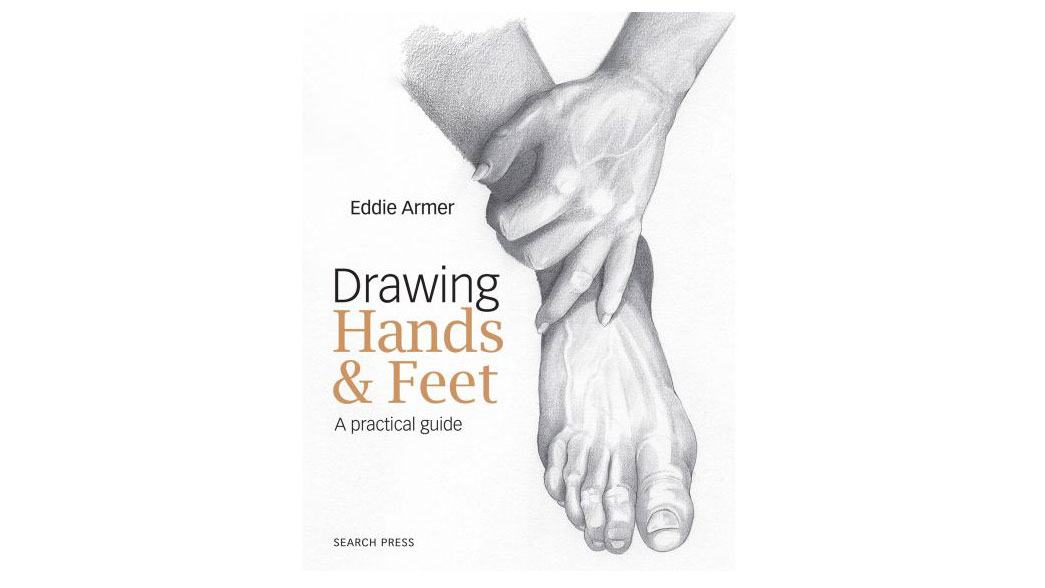
The complex makeup and expressive nature of human hands and feet can make them challenging parts of the body to depict accurately and authentically. Drawing Hands & Feet by Eddie Armer, whose career in figure drawing spans more than four decades, combines a series of workshops and written theory to help artists master the art of illustrating both.
Thoughtful and clever in its approach, this guide is formatted in a way that lends itself well to novices and more advanced illustrators alike. The practical elements come in the form of step-by-step guides, which are arguably some of the most informative anatomy breakdowns we’ve ever seen, due largely in part to the detailed illustrations clearly depicting each step.
The written theory is just as comprehensive, with the first 30 pages of the book featuring easy-to-read and helpfully illustrated advice on the best materials to use, backdrops and lighting, and the bone and muscle structure of the hand and foot. You have to get past quite a lengthy, somewhat indulgent introduction and personal history initially, but both provide insight into the author’s extensive experience and obvious passion for life drawing, which can only be a good thing.
Overall this is an excellent, highly affordable resource that will go a long way to helping you draw realistic-looking hands and feet.
03. Figures From Life: Drawing with Style
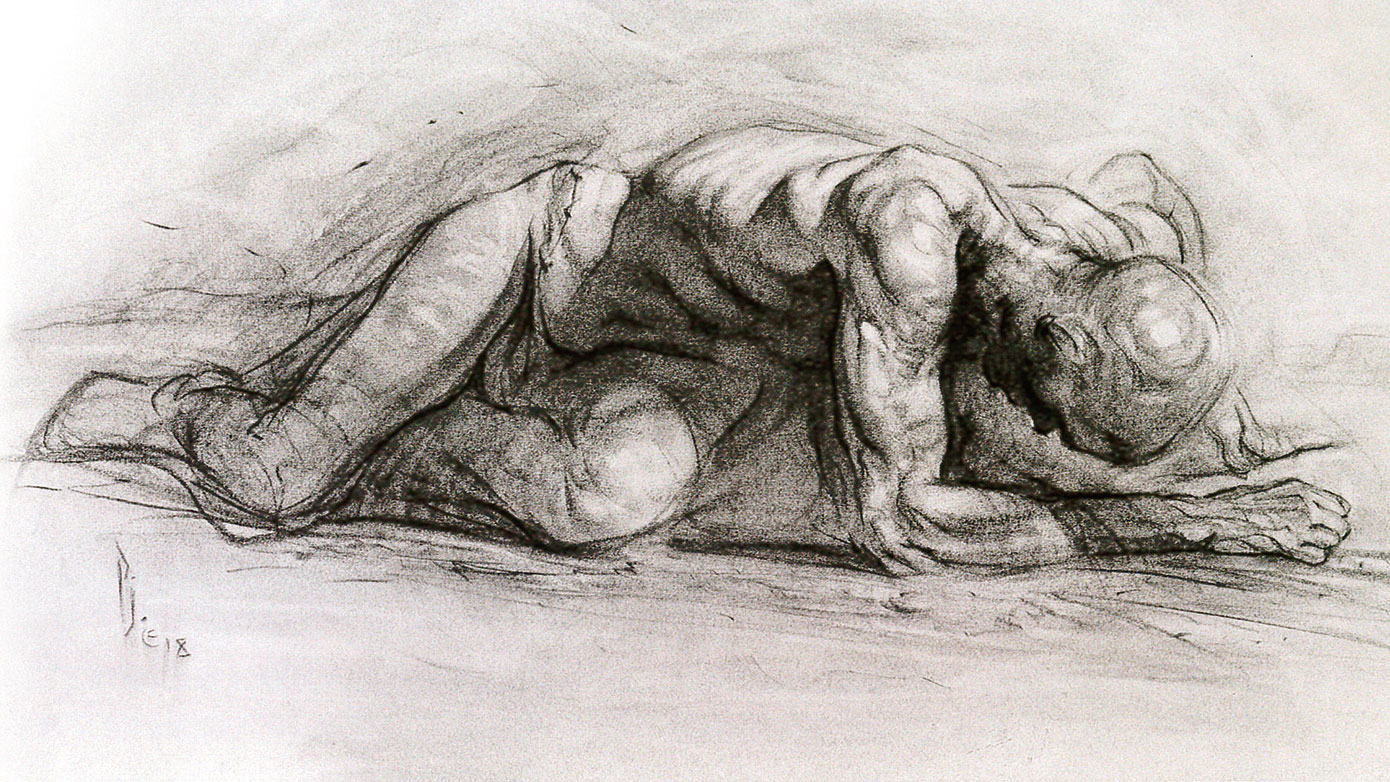
Artist and teacher Patrick J Jones began honing his creative skills at just 17, and now, over 30 years later, he shares his experience and knowledge in this tutorial-style book: Figures From Life: Drawing With Style. Its luxurious-to-the-touch cover, with its raised typography for the title and a striking sketch of a woman kneeling, provides an early glimpse of the glory held inside. Jones' artistry and advice is spread across 160 pages, and contained within six wonderfully in-depth chapters.
Each of the topics under scrutiny – gestures, long and short poses, artist’s studio, rhythm of life and “love devotion surrender” – open with a detailed step-by-step guide on how to draw a certain pose, each stage accompanied by a large photograph for reference. I
Not only does each chapter spell out how to draw a specific pose, but also also includes a number of invaluable artistic tips. Common mistakes and problem areas are noted too, as well as the occasional elaboration for tackling certain trickier areas of the body, such as the head, hand, arm and leg.
04. Figure Drawing for Artists: Making Every Mark Count

Despite some grand claims on the back-cover blurb, Figure Drawing for Artists doesn't quite offer the revolutionary approach to figure drawing that it suggests. However, it's still an authoritative and useful book with a range of expert tips, pointers and advice that will help improve your figure drawing, all written by a well-known and popular artist and instructor, Steve Huston.
The first half of the book addresses the basic elements of drawing, with chapters on structure, gesture, perspective and light. The second half offers an overview of basic forms, plus chapters on drawing the head, torso, arms, hands, legs and feet. There's also a final chapter on finishing details (light and shadows).
At the end of each chapter, Huston reviews a master work by a classic artist, such as Michelangelo and Raphael, and explains how it relates to the lessons.
A lot of ground gets covered, but with its airy layout this book never feels cluttered or academic. This is a fine introduction to drawing, and would make a good supplement to other of the other guides listed here.
05. Human Figure Drawing
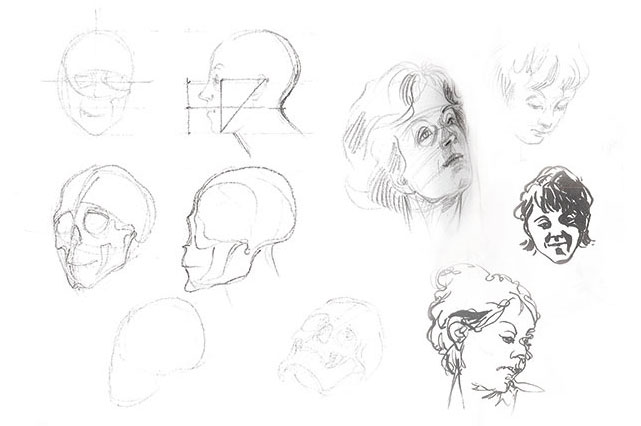
This book takes the view that learning to draw anatomy is like starting to talk or to play an instrument. So rather than spend too much time on theory, Daniela Brambilla instead sets a series of exercises and encourages you to learn by doing – while learning from your mistakes.
This large-format, 260-page hardback covers almost every area of human figure drawing. It begins with the basics: gestures, contours and understanding position, proportions and lines of force. Then it's on to more advanced topics such as expanding your imagination and capturing "the movements of the soul", as Brambilla rather evocatively puts it.
With plenty of examples, and exercises that encourage you to get scribbling, it feels like a relaxed evening class held by the best teacher in town.
06. The Anatomy of Style: Figure Drawing Techniques
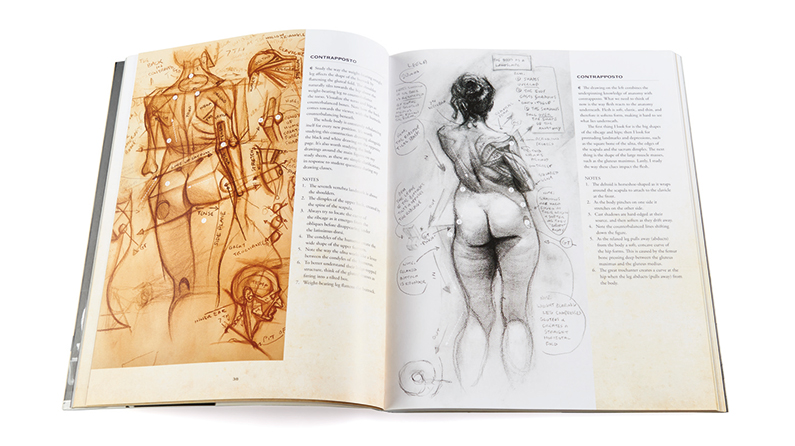
Here's another great book from Patrick J Jones. In The Anatomy of Style: Figure Drawing Techniques, Jones explains how to draw anatomically accurate figures.
The illustrator offers practical tips on things like art supplies and, step by step, body part by body part, explains how to apply the principles of anatomy to your life drawing. He begins with short poses, progresses to the long pose, then extends those principles to creating human figures from imagination.
The first five chapters apply mainly to drawing, the sixth addresses painting, the final features timed life drawings, showcasing the techniques outlined in the book. Detailed notes deconstruct every illustration.
07. Figure Drawing Masterclass
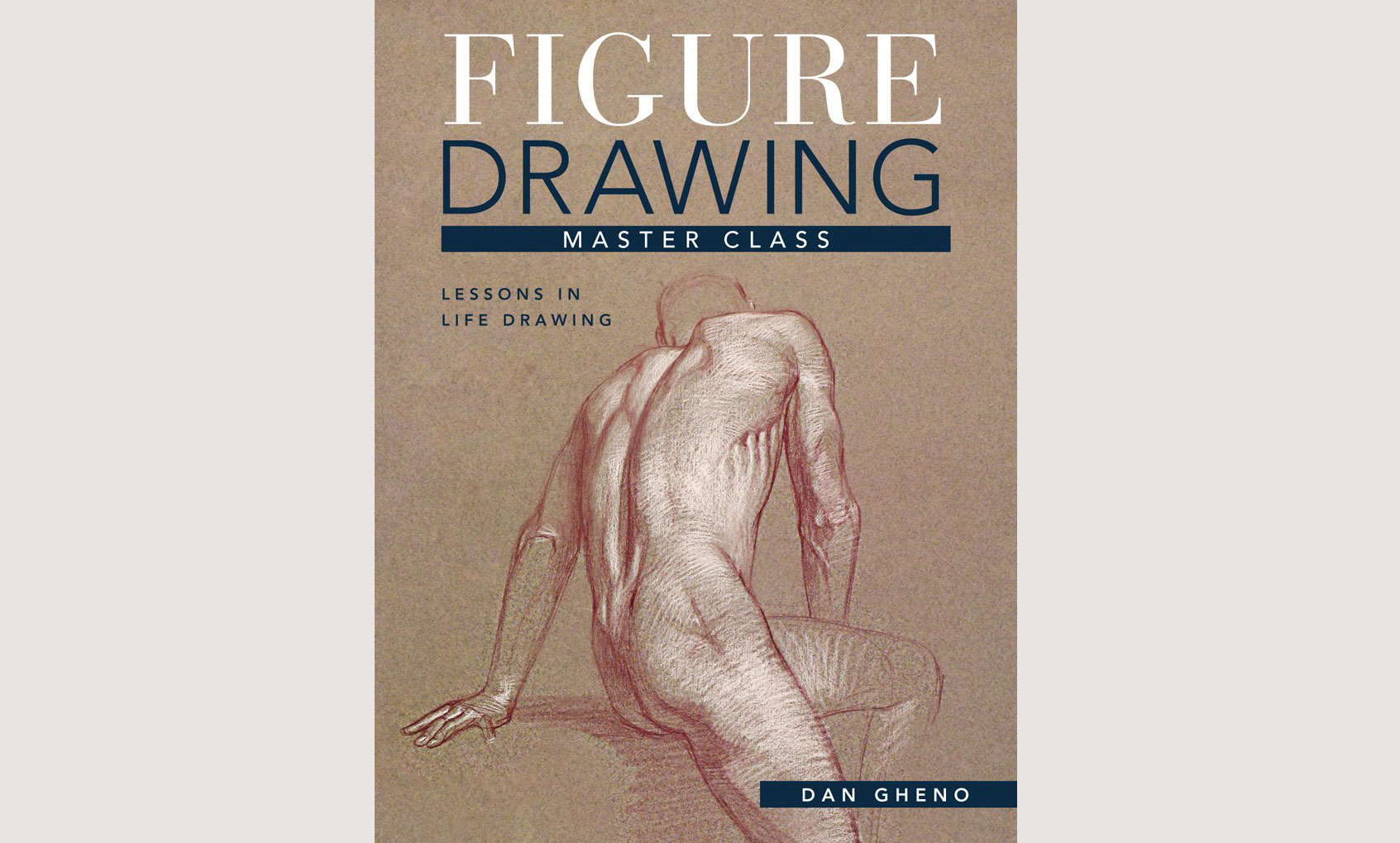
When you're trying to emulate the great masters of art, it makes total sense to look at... well, the great masters. This book by respected artist Dan Gheno does just that, by dissecting the work of the likes of Raphael and Rembrandt, and showing you how you can use these techniques in your own artwork.
Other lessons include how to draw heads and hands – two elements many artists struggle with – and key concepts of figure drawing, including how to convey emotion with posture. This informative book includes many of Gheno's own drawings, and is suitable for beginners as well as those looking to take their figure drawing a step further.
Parts of this article originally appeared in ImagineFX magazine. Subscribe here.
Read more:

Thank you for reading 5 articles this month* Join now for unlimited access
Enjoy your first month for just £1 / $1 / €1
*Read 5 free articles per month without a subscription

Join now for unlimited access
Try first month for just £1 / $1 / €1
Get the Creative Bloq Newsletter
Daily design news, reviews, how-tos and more, as picked by the editors.

Georgia is lucky enough to be Creative Bloq's Editor. She has been working for Creative Bloq since 2018, starting out as a freelancer writing about all things branding, design, art, tech and creativity – as well as sniffing out genuinely good deals on creative technology. Since becoming Editor, she has been managing the site and its long term strategy, helping to shape the diverse content streams CB is known for and leading the team in their own creativity.
